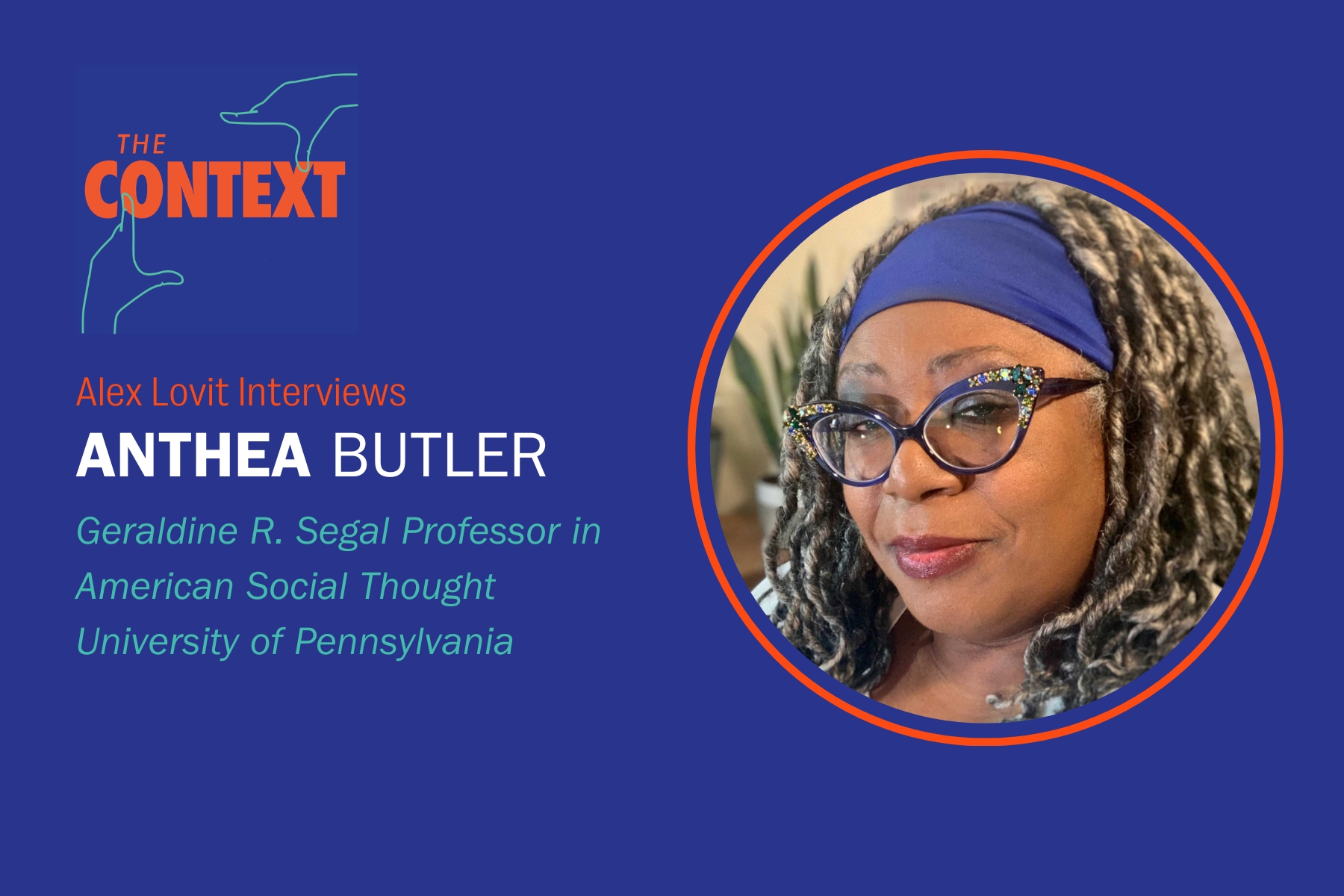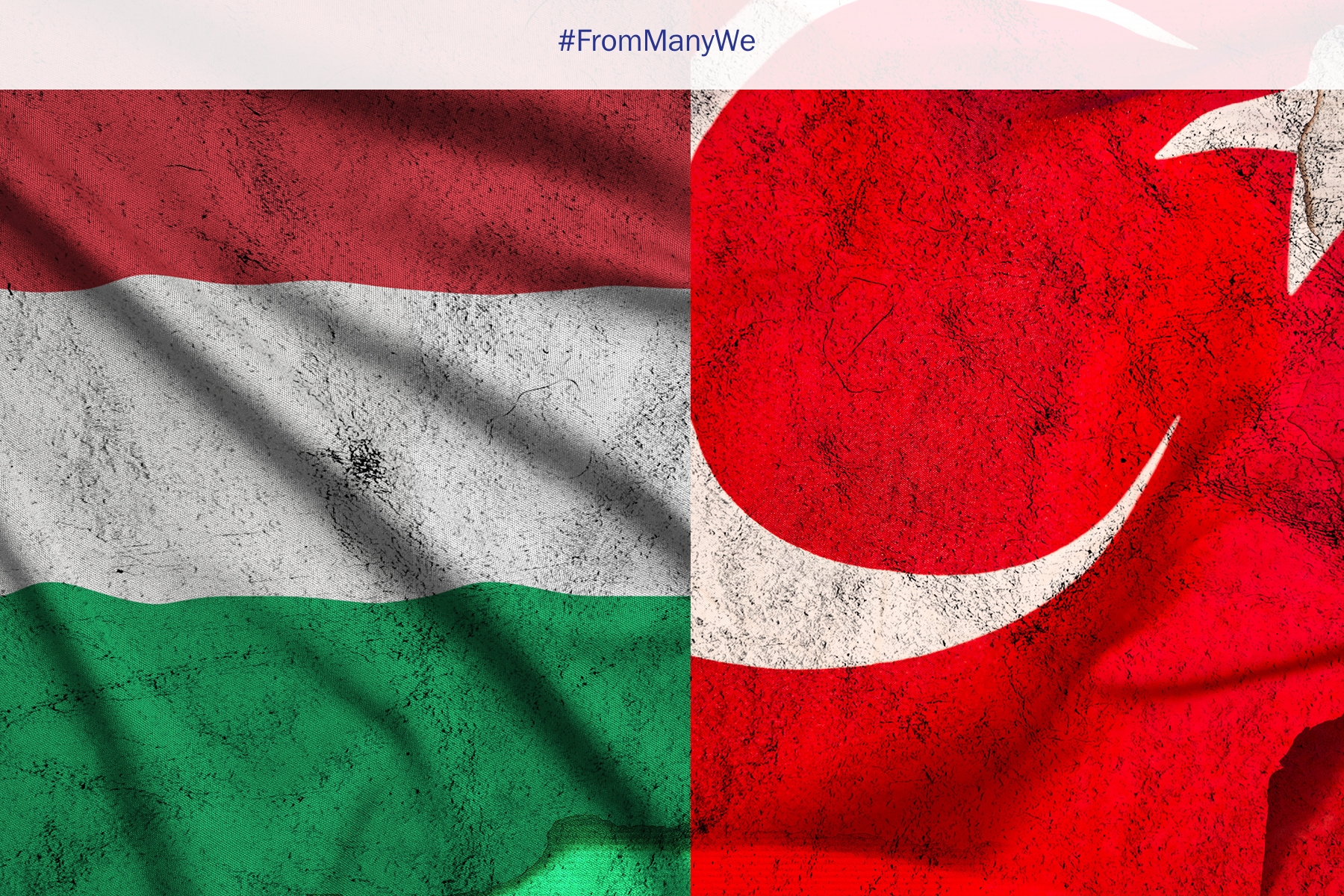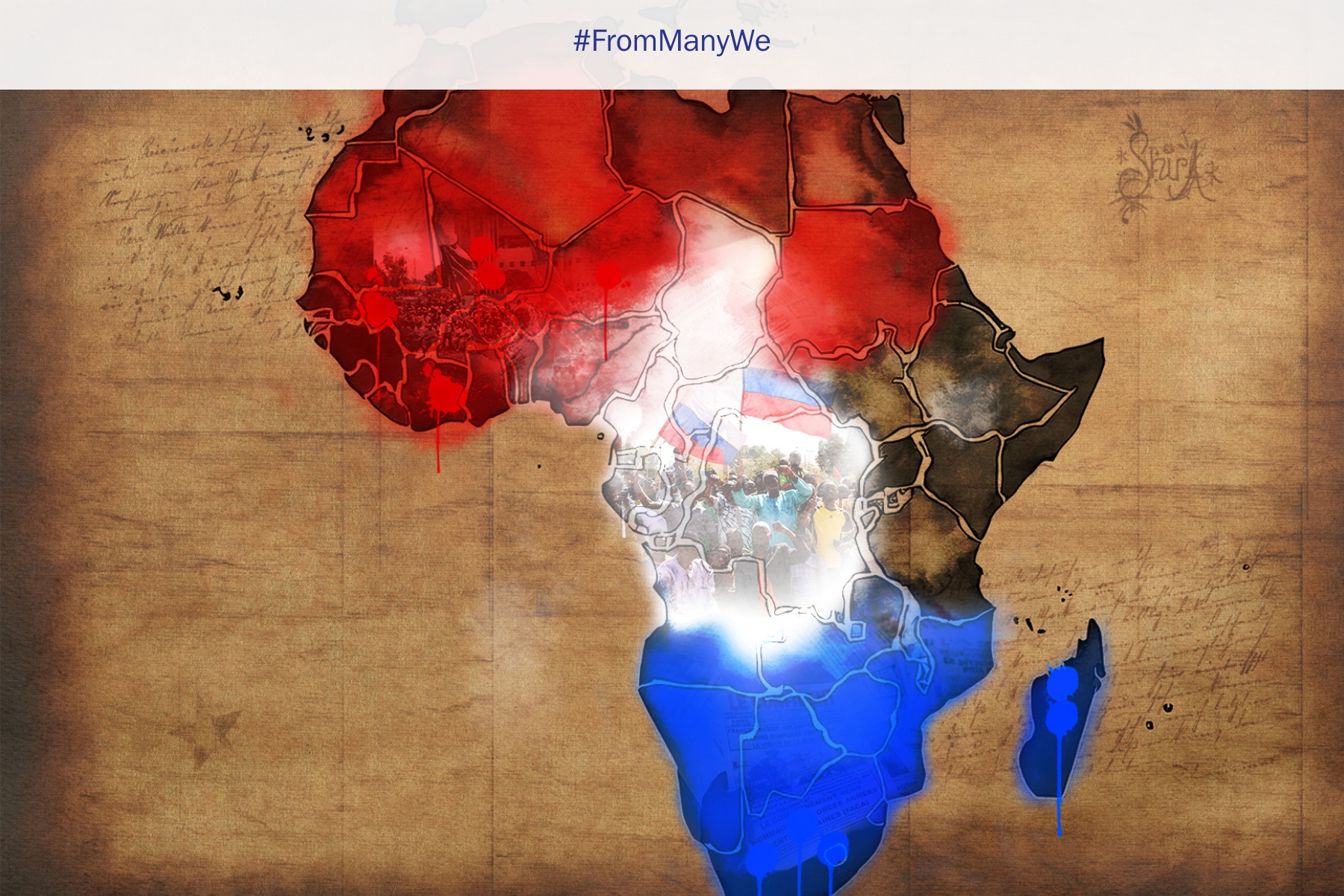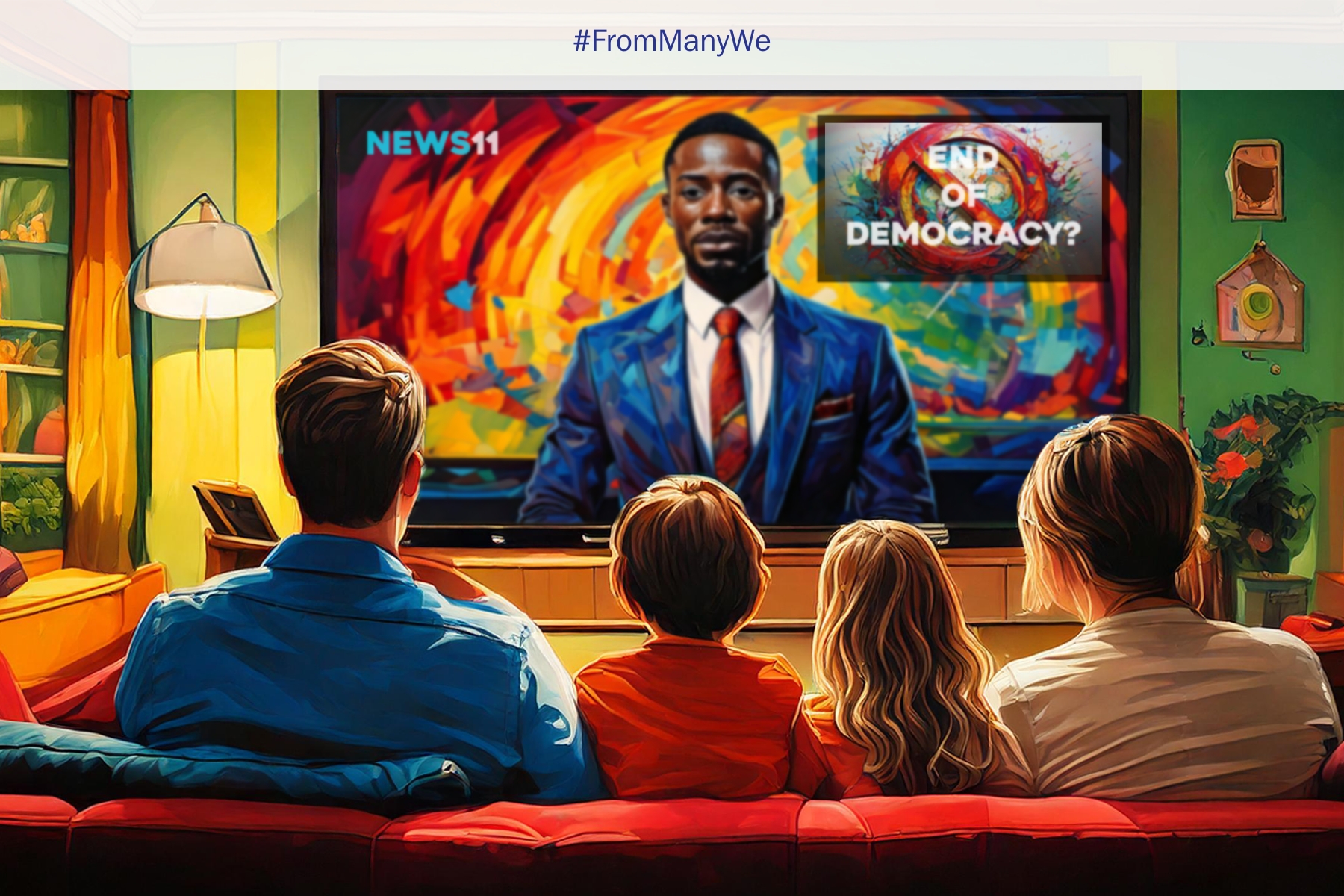Can Communitarianism Be Inclusive?

American democracy is experiencing a crisis. We are plagued by polarization and hyperdivisive public discourse, loss of confidence in public institutions, and declining social trust and civic participation. At the intersection of these trends is the loss of the sense of a shared common good that enables social trust and gives institutions public purpose. Communitarianism, a school of political theory that prioritizes social connectedness and the common good, offers a framework for possible antidotes. However, in an era of increasing pluralism and cultural diversity, many are skeptical that a common good can be defined without excluding some members of society or forcing them to assimilate. But could a certain version of communitarianism, or perhaps a set of insights derived from communitarianism, help in imagining an increasingly diverse society?
Individualism and the Communitarian Response
Communitarianism emerged as a theory in American academia in the late 1980s, when both political theory and mainstream political science regarded the idea of a common good as being undesirable and unrealistic in a modern society. Liberalism tends to view appeals to the common good as a potential justification for repression as it prioritizes individual freedom above other goals like security and equality. Similarly, mainstream political science at the time described politics as nothing but a struggle for power among competing factions. Rather than creating a flourishing moral community, the goal of politics was to merely ensure a healthy competition among disparate groups, without any single group dominating permanently. According to the dominant paradigm, well-designed institutions would be self-sustaining, even assuming the worst of human behavior, making a larger sense of the common good unnecessary.
Against this backdrop, a group of similarly minded political theorists and social scientists (few of whom actually used the term communitarianism) emerged with concerns around individualism and social disintegration. In the absence of a sense of the common good, they asked, What would provide a civic ethos for liberal democracy to sustain itself? Drawing on thinkers from Aristotle and Cicero to Alexis de Tocqueville and John Dewey, their core insight was that democracy depends on its civic character as much as its institutions. They attended to the norms, habits, and practices of citizenship and called for more robust civic education and socialization. The idea was broadly appealing, both to progressives who saw individualism as a source of competition and inequality, and to conservatives who saw individualism as a threat to values of religion and service.
Today’s Challenge: Tribalism
The acute challenge we face today is not individualism but rather tribalism and group-based division. Absent a common identity, instead of a fragmented society of atomized individuals, we seem to be increasingly sorted into distinct cultural and partisan camps. These group identities are overtaking commitment to fundamental democratic norms and are creating a dangerous condition that democracy scholar and Kettering senior fellow Steven Levitsky calls semi-loyalty.
Still, communitarianism provides a framework for understanding these challenges. In the absence of a widely shared civic identity, we are seeing fundamental disagreement over what America means and who counts as “American.” As our group loyalties become more intense, the stakes of politics are raised, and winning (or the fear of losing) becomes more important than preserving moral and institutional guardrails.
Communitarianism and Exclusion
The obvious problem with communitarianism is the question of who determines our common values—and how. Historically, a strong sense of commonality has meant a narrow understanding of “the people.” In other words, solidarity has most often been achieved through exclusion and repression of difference. From this perspective, communitarianism represents a point on a continuum of exclusionary ideologies, running from patriotism to hypernationalism and even fascism. While communitarianism is perhaps less extreme, its emphasis on unity appears to be in opposition to diversity. Robert Putnam, who pioneered the concept of social capital, measured connectedness in his classic book Bowling Alone and published an important follow-up paper that showed a negative correlation between neighborhood diversity and some forms of social capital.
Inclusive Communitarianism?
However, Putnam did not argue that proponents of diversity should reject community. Rather, he suggested that in times of demographic change, certain forms of social capital would become increasingly important. That is, bridging across groups, rather than bonding within groups, would become critical. Putnam suggested society would be strengthened by bridging differences rather than attempting to repress them, offering the military as an important exemplar bridging institution.
Putnam’s idea of bridging suggests how communitarian insights might be adapted to an increasingly diverse and multicultural world. Bridging retains the communitarian aspiration for a common civic identity and its emphasis on shared norms and habits. However, it more clearly distinguishes solidarity created among diverse groups from homogeneity and assimilation into the dominant group. Rather than simple homogeneity, what is needed is a complex unity that includes difference within it. Danielle Allen has articulated this aspiration as a solidarity of wholeness rather than oneness. Similarly, john a. powell articulates the central imperative for democracy as creating a sense of belonging without othering. Rather than achieving unity through exclusion and repression, solidarity can be created through the celebration of diversity. Based on our current democratic crisis, in times of demographic change, a sense of community is more important than ever, even as it becomes increasingly challenging to foster it. While the ideal of community should not be romanticized, a version of communitarianism that is explicitly inclusive offers a way forward.
Derek W. M. Barker is a program officer at the Charles F. Kettering Foundation, a political theorist, and the lead editor of the foundation’s blog series From Many, We.
From Many, We is a Charles F. Kettering Foundation blog series that highlights the insights of thought leaders dedicated to the idea of inclusive democracy. Queries may be directed to fmw@kettering.org.
The views and opinions expressed by contributors to our digital communications are made independent of their affiliation with the Charles F. Kettering Foundation and without the foundation’s warranty of accuracy, authenticity, or completeness. Such statements do not reflect the views and opinions of the foundation which hereby disclaims liability to any party for direct, indirect, implied, punitive, special, incidental, or other consequential damages that may arise in connection with statements made by a contributor during their association with the foundation or independently.








